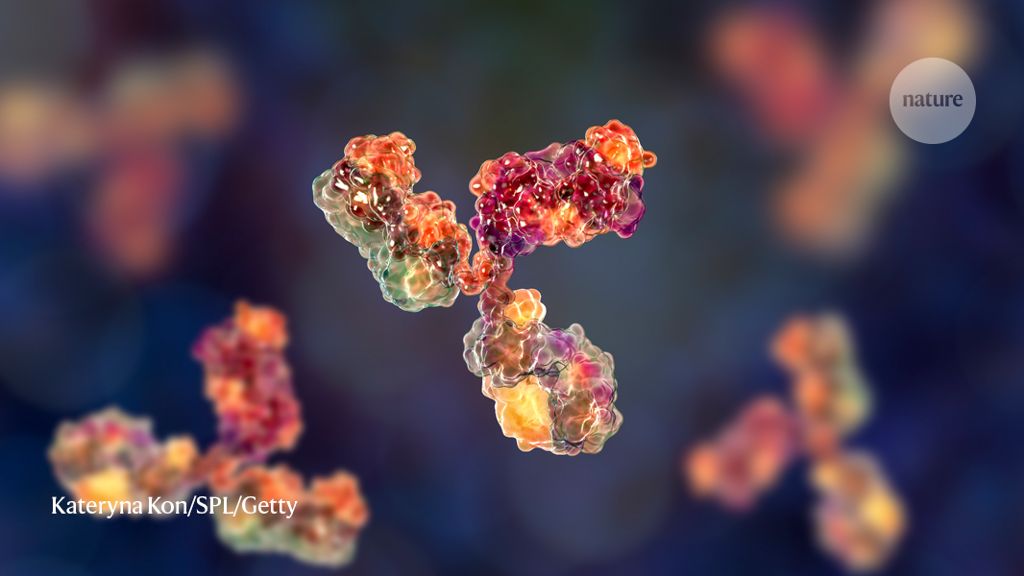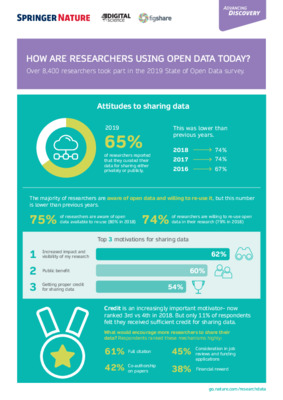publications
Send us a link
Response to COVID-19 in Taiwan: Big Data Analytics, New Technology, and Proactive Testing
Response to COVID-19 in Taiwan: Big Data Analytics, New Technology, and Proactive Testing
This Viewpoint describes the outbreak response infrastructure developed by the Taiwanese government following the SARS epidemic in 2003 and actions in response to COVID-19, including dedicated hotlines for symptom reporting, mobile phone messaging and case tracking, and the ramping up of facemask...
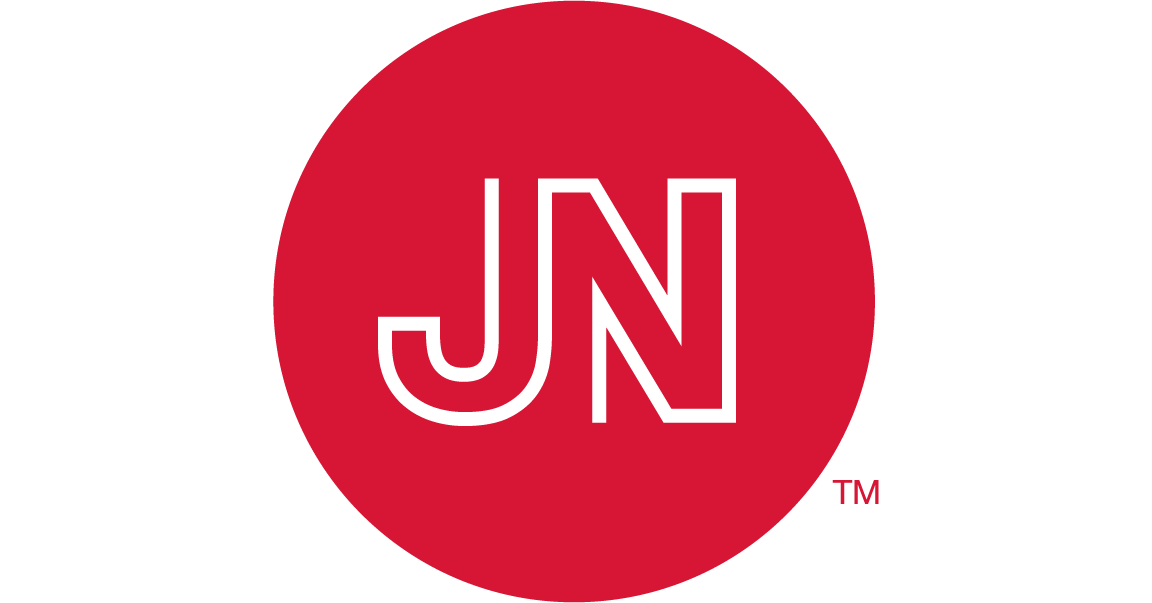
A tale of two 'opens': intersections between Free and Open Source Software and Open Scholarship
A tale of two 'opens': intersections between Free and Open Source Software and Open Scholarship
There is no clear-cut boundary between Free and Open Source Software and Open Scholarship, and the histories, practices, and fundamental principles between the two remain complex. In this study, we critically appraise the intersections and differences between the two movements.
Doctors and Postdocs in Political Science in Switzerland. A Study Conducted by the Swiss Political Science Association.
Doctors and Postdocs in Political Science in Switzerland. A Study Conducted by the Swiss Political Science Association.
This report shows the results of a survey conducted in spring 2019 among all people who received a PhD in political science from a Swiss university during the last eleven years (2008 to 2018) and among postdocs working in a Swiss university in June 2019. Thus, this survey sheds light on the experiences and career paths of both postdocs and doctors in political science who left academia. Moreover, it compares the results regarding postdocs with a similar study carried out in 2012.
Nature Risk Rising: Why the Crisis Engulfing Nature Matters for Business and the Economy
Nature Risk Rising: Why the Crisis Engulfing Nature Matters for Business and the Economy
This New Nature Economy report calls out the dependency and impact of business on nature and aims to ensure that biodiversity and nature-related risks are appropriately considered within the broader economic growth agenda.
Methods for Mapping the Impact of Social Sciences and Humanities - A Literature Review
Methods for Mapping the Impact of Social Sciences and Humanities - A Literature Review
This article explores the current literature on ‘research impact’ in the social sciences and humanities (SSH).
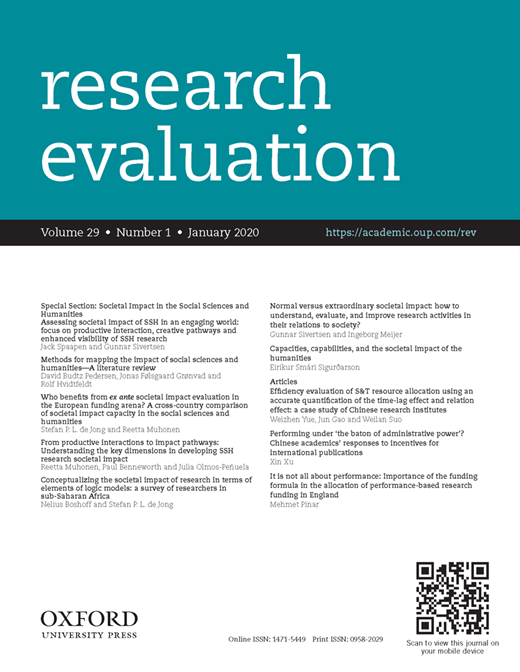
Student Evaluations of Teaching Are Deeply Flawed
New study says student evaluations of teaching are still deeply flawed measures of teaching effectiveness, even when we assume they are unbiased and reliable.
Citations Systematically Misrepresent the Quality and Impact of Research Articles: Survey and Experimental Evidence from Thousands of Citers
Citations Systematically Misrepresent the Quality and Impact of Research Articles: Survey and Experimental Evidence from Thousands of Citers
Citations are ubiquitous in evaluating research, but how exactly they relate to what they are thought to measure is unclear. This article investigates the relationships between citations, quality, and impact using a survey with an embedded experiment.
Living Science: Words Without Meaning
Many of the words used by scientists when reviewing manuscripts, job candidates and grant applications - words such as incremental, novelty, mechanism, descriptive and impact - have lost their meaning.
Developing a Research Data Policy Framework for All Journals and Publishers
Developing a Research Data Policy Framework for All Journals and Publishers
This article proposes measures and policies which can be adopted by journals and publishers to promote good practices in data sharing.
Historical Comparison of Gender Inequality in Scientific Careers Across Countries and Disciplines
Historical Comparison of Gender Inequality in Scientific Careers Across Countries and Disciplines
A study suggests that the productivity and impact of gender differences are explained by different publishing career lengths and dropout rates. This inequality in academic publishing has important consequences for institutions and policy makers.
No Raw Data, No Science: Another Possible Source of the Reproducibility Crisis
No Raw Data, No Science: Another Possible Source of the Reproducibility Crisis
Inappropriate practices of science have been suggested as causes of irreproducibility. This editorial proposes that a lack of raw data or data fabrication is another possible cause of irreproducibility.

Let's Be FAIR! ALLEA Presents Recommendations for Sustainable Data Sharing in the Humanities
Let's Be FAIR! ALLEA Presents Recommendations for Sustainable Data Sharing in the Humanities
A new ALLEA report provides key recommendations to make digital data in the humanities. The document is designed as a practical guide to navigate the shift towards a sustainable data sharing culture.
Stagnation and Scientific Incentives
This paper presents a simple model of the lifecycle of scientific ideas that points to changes in scientist incentives as the cause of scientific stagnation. It explores ways to broaden how scientific productivity is measured and rewarded, involving both academic search engines such as Google Scholar measuring which contributions explore newer ideas and university administrators and funding agencies utilizing these new metrics in research evaluation.
Normal Versus Extraordinary Societal Impact: How to Understand, Evaluate, and Improve Research Activities in Their Relations to Society?
Normal Versus Extraordinary Societal Impact: How to Understand, Evaluate, and Improve Research Activities in Their Relations to Society?
How can science–society relations be better understood, evaluated, and improved by focusing on the organizations that typically interact in a specific domain of research.

Infographic: How to Use Open Access Repositories
Self-archiving is a key aspect of Open Access. Read the infographic to learn more about OA repositories

Comparing Meta-analyses and Preregistered Multiple-laboratory Replication Projects
Comparing Meta-analyses and Preregistered Multiple-laboratory Replication Projects
Kvarven, Strømland and Johannesson compare meta-analyses to multiple-laboratory replication projects and find that meta-analyses overestimate effect sizes by a factor of almost three. Commonly used methods of adjusting for publication bias do not substantively improve results.
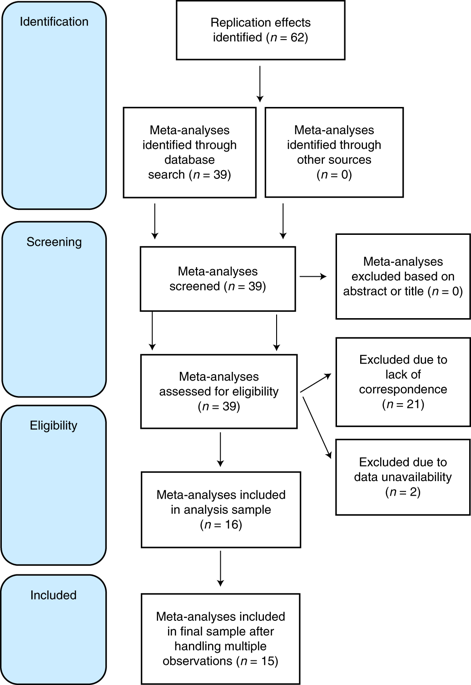
Do Not Violate the International Health Regulations During the COVID-19 Outbreak
Do Not Violate the International Health Regulations During the COVID-19 Outbreak
In imposing travel restrictions against China during the current outbreak of the 2019 novel coronavirus disease (COVID-19), many countries are violating the International Health Regulations.
The Trouble with Anti-populism: Why the Champions of Civility Keep Losing
With rightwing demagogues gaining power and public debate getting nastier, many are calling for a return to a more sensible politics. But this approach has its own fatal flaws.

The Gospel of ERC's New President: Super-Disciplinary Science
Mauro Ferrari says scientists should get rid of ‘disciplinary goggles’ and combine expertise to create new fields of scientific research.

Providing a Framework for Research Funders to Drive the Transition toward FAIR Data Management and Stewardship Practices
Providing a Framework for Research Funders to Drive the Transition toward FAIR Data Management and Stewardship Practices
This article elaborates on the role of research funding organizations in developing a FAIR funding model to support the FAIR research data management in the funding cycle.

The Acceptability of Using a Lottery to Allocate Research Funding: a Survey of Applicants
The Acceptability of Using a Lottery to Allocate Research Funding: a Survey of Applicants
The Health Research Council of New Zealand is the first major government funding agency to use a lottery to allocate research funding for their Explorer Grant scheme. A recent survey examines how well the measure is accepted.

If It Doesn't Say "Registered Report," Don't Trust It
If It Doesn't Say "Registered Report," Don't Trust It
A new study found that Registered Reports are only about 50% as likely as standard, non-RR research to confirm their hypothesis.
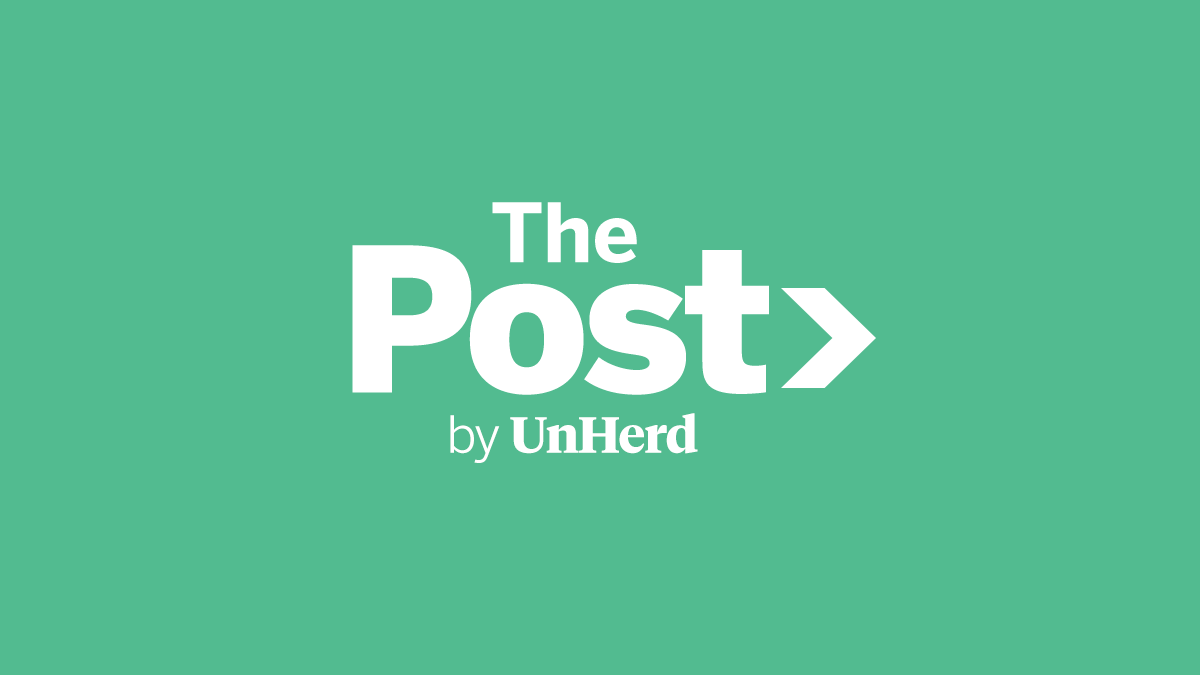
What Are Fake Interdisciplinary Collaborations and Why Do They Occur?
What Are Fake Interdisciplinary Collaborations and Why Do They Occur?
Scientists influenced by funding priorities promoted by regional, national and transnational funding bodies, as well as by the academic mania for ‘interdisciplinariness’, feel compelled to develop a concrete interdisciplinary research topic and organize their research collaboratively.
Are Altmetrics Able to Measure Societal Impact in a Similar Way to Peer Review?
Are Altmetrics Able to Measure Societal Impact in a Similar Way to Peer Review?
Altmetrics have become an increasingly ubiquitous part of scholarly communication, although the value they indicate is contested. A recent study examined the relationship of peer review, altmetrics, and bibliometric analyses with societal and academic impact. Drawing on evidence from REF2014 submissions, it argues altmetrics may provide evidence for wider non-academic debates, but correlate poorly with peer review assessments of societal impact.

Early Career Performance and Its Correlation with Gender and Publication Output During Doctoral Education
Early Career Performance and Its Correlation with Gender and Publication Output During Doctoral Education
The publication output of doctoral students is increasingly used in selection processes for funding and employment in their early careers.
Citation Concept Analysis (CCA): A New Form of Citation Analysis
In recent years, the full text of papers are increasingly available electronically which opens up the possibility of quantitatively investigating citation contexts in more detail.

Measuring Originality in Science
Originality has self-evident importance for science, but objectively measuring originality poses a formidable challenge.

Software Searches out Reproducibility Issues in Scientific Papers
Software Searches out Reproducibility Issues in Scientific Papers
Papers are getting more rigorous, according to a text-mining analysis of 1.6 million papers, but progress is slower than some researchers would like.
